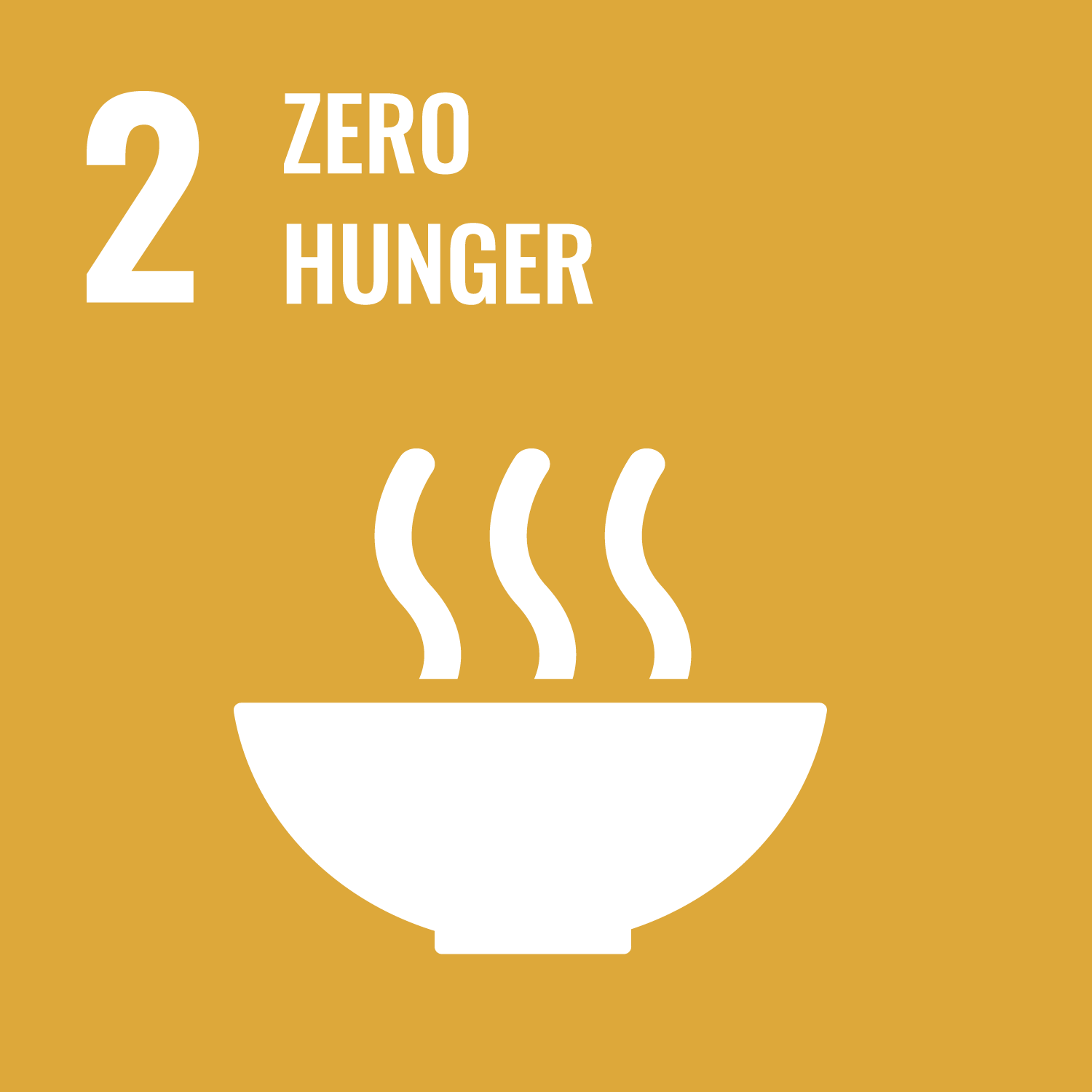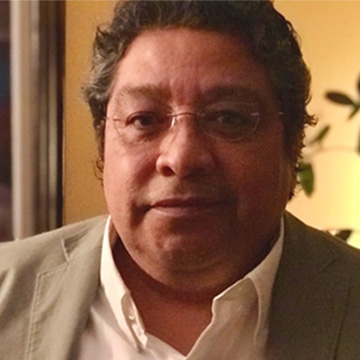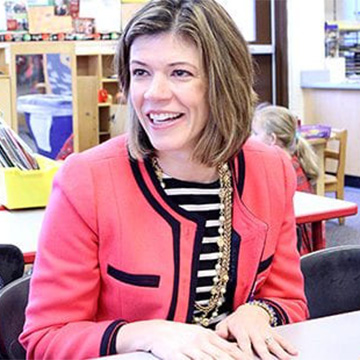Reynaldo Morales
Reynaldo Morales is an assistant professor at the Medill School of Journalism, Media, Integrated Marketing Communications and a Northwestern Buffett Faculty Fellow. Morales’ work focuses on the restoration of Indigenous knowledge systems and the protection of Indigenous genetic resources. Prior to moving to United States, Reynaldo developed a long career in national and international TV Press and as investigative documentarian and media educator, ending with a UNDP consultant appointment to work with the Peruvian government in Women Rights and Human Development issues, during a very intense political violence decade. He is currently producing an independent film about the Indigenous struggles for sovereignty and biodiversity in the Global South.
 The United Nations aims to end hunger, achieve food security, improve nutrition and promote sustainable agriculture globally by 2030.
The United Nations aims to end hunger, achieve food security, improve nutrition and promote sustainable agriculture globally by 2030.
